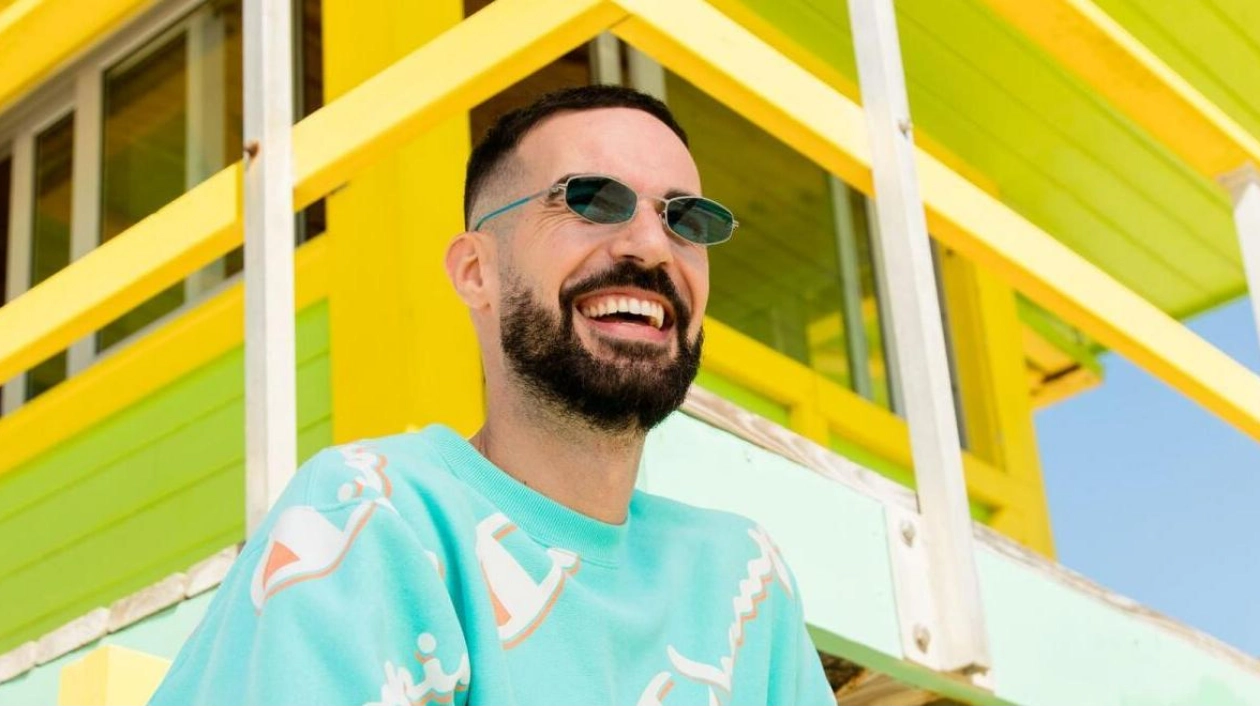Born and raised in Paris, France, the Emirati music producer known as icekream, originally named Issam Freiha, has been deeply involved in the music scene since his early teens, starting his career as a DJ at the age of 13. By 24, he dedicated himself entirely to his musical ambitions, initiating a Trap music project on Soundcloud. His unique sound quickly attracted a global fan base and led to collaborations with both underground and mainstream artists like Wyclef and Diplo. Currently, in collaboration with Cuban artist El Larra, icekream has released his debut album, Santa Cruz, signifying a significant milestone in his career. In an interview with Khaleej Times, he discusses his journey, the UAE’s music scene, and the potential disruption of AI in music production.
Issam discovered his passion for DJing early on, inspired by a DJ battle he witnessed at a concert. Despite challenges from his Emirati family who initially saw music as a hobby, his American mother supported his aspirations. Issam believes that pursuing one's passion is crucial, and eventually, even skeptical family members will come to appreciate your success.
Moving to Dubai from Paris, Issam, under the moniker icekream, refined his skills amidst the city’s vibrant music scene, influenced by a mix of North African rhythms and Middle Eastern melodies. He now splits his time between Dubai and Miami, crediting both cities for shaping his musical identity.
The rise of social media platforms like SoundCloud, Apple Music, Spotify, and TikTok has significantly impacted the music industry. Issam reflects on the challenge of balancing authentic music creation with the demand for viral content, noting the shift from SoundCloud to platforms like Instagram and TikTok, which prioritize short, viral clips over full musical compositions. He emphasizes the importance of creating timeless music that resonates emotionally rather than chasing fleeting trends.
Looking towards the future, Issam is concerned about the impact of AI on music authenticity. He fears that AI could potentially replace human producers, making it difficult to discern between AI-generated and human-created music. He also advocates for stronger copyright laws in the UAE to protect artists and foster a thriving music scene.






